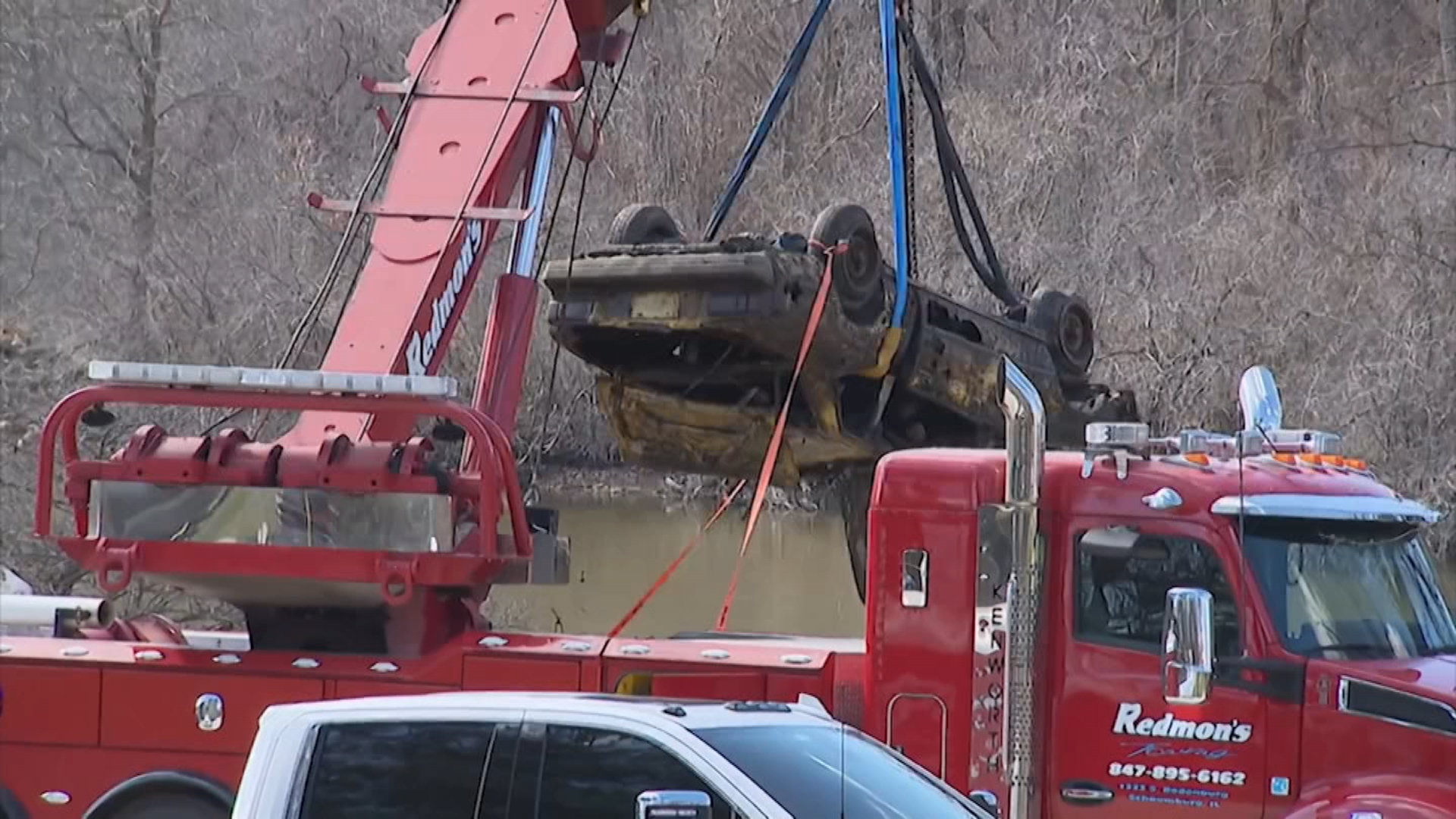Pete Sack has the latest forecast for the Chicago area.
While the steady and heavy rain that pounded many Chicago area commuters Wednesday morning has moved out, more showers and even some thunderstorms are in the forecast for Wednesday afternoon, the NBC 5 Storm Team said.
According to the NBC 5 Storm Team, several hours of dry time Wednesday was expected. However, rain and isolated thunderstorm chances were expected to increase between 3 p.m. and 4 p.m., NBC 5 Meteorologist Kevin Jeanes said, creating potentially dicey conditions for the afternoon and evening commutes.
Severe weather was not expected to develop, Jeanes added.
In a message posted to X, the platform formerly known as Twitter, the National Weather Service noted that any thunderstorm that does develop will likely remain to the west and occur before 10 p.m.
According to the NWS, rain and storm chances were expected to continue throughout the week and into the weekend, along with hotter temperatures and even higher humidity.
The storm chances come as the remnants of what was once Hurricane Beryl swept through Illinois and Indiana, bringing flood watches and upwards of five inches of rain to some parts.
Local
According to the Chicago area rain totals released Wednesday by the NWS, Wilmette saw 5.5 inches of rain, whereas parts of Northwest Indiana saw more than three inches. Other parts received between one and two inches, NWS data show.
Along Lake Michigan, a beach hazard statement was issued through Wednesday evening, with "dangerous currents" expected and waves of up to seven feet possible.
Feeling out of the loop? We'll catch you up on the Chicago news you need to know. Sign up for the weekly Chicago Catch-Up newsletter.
"Swimming conditions will be life threatening, especially for inexperienced swimmers," the NWS said.
Hours before the rain arrived, the Metropolitan Water Reclamation District, which is responsible for wastewater management in the Chicago area, issued an Overflow Action Alert, advising residents to delay taking showers and baths, or to reduce the amount of time spent in the shower.



